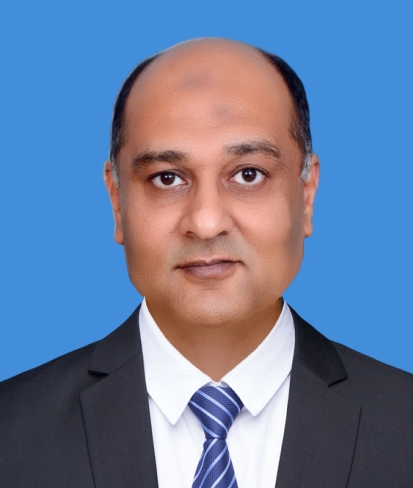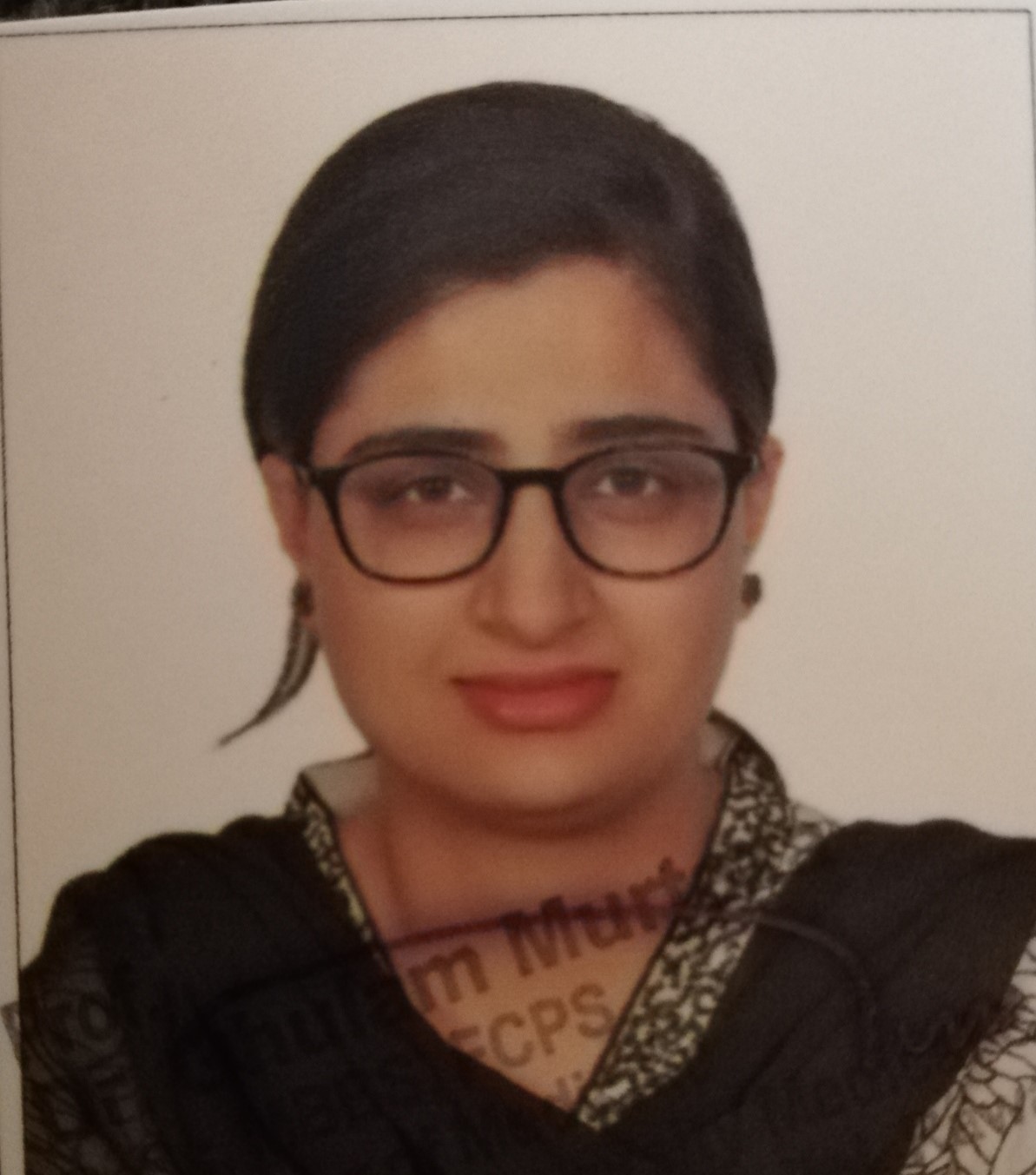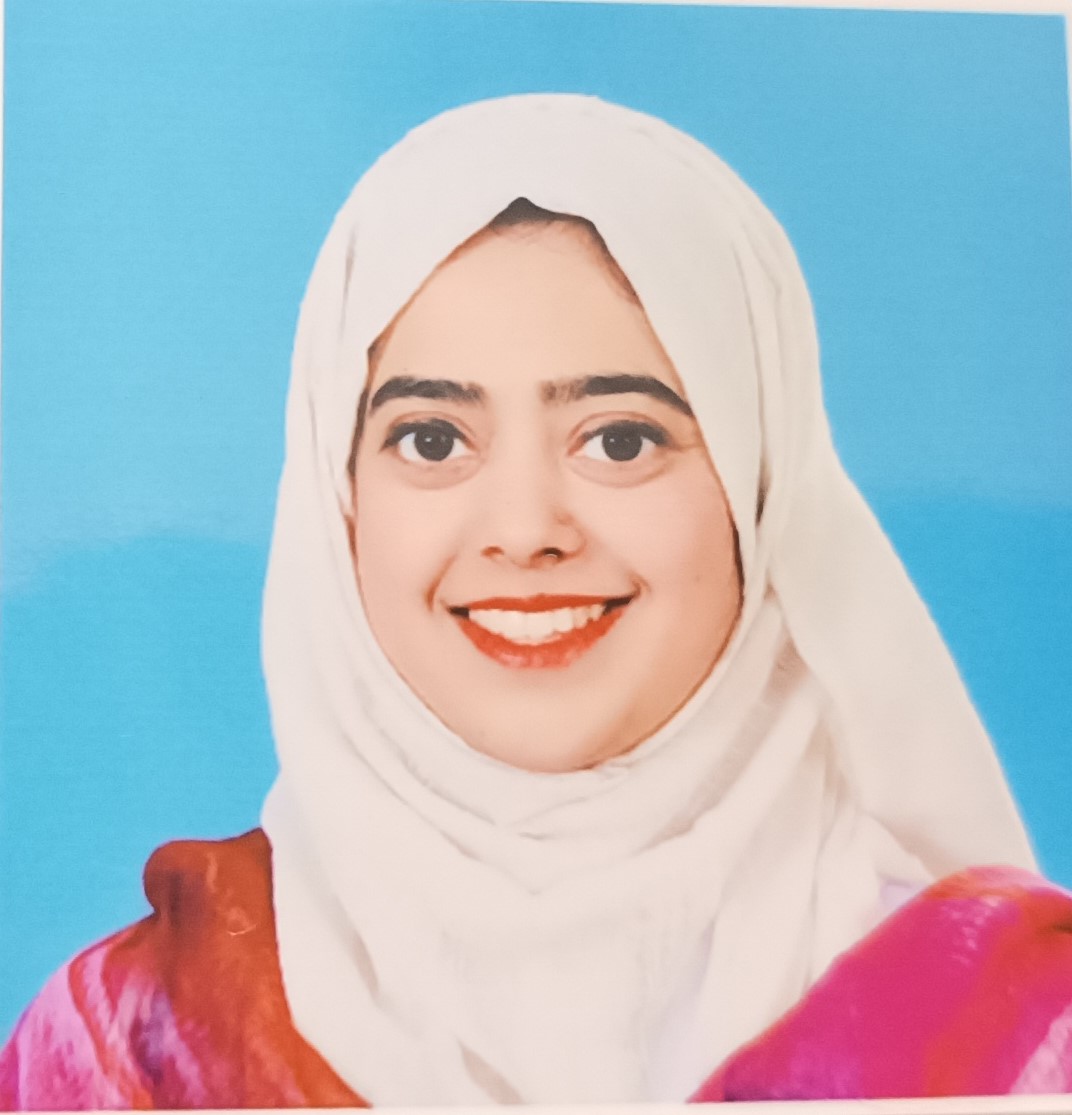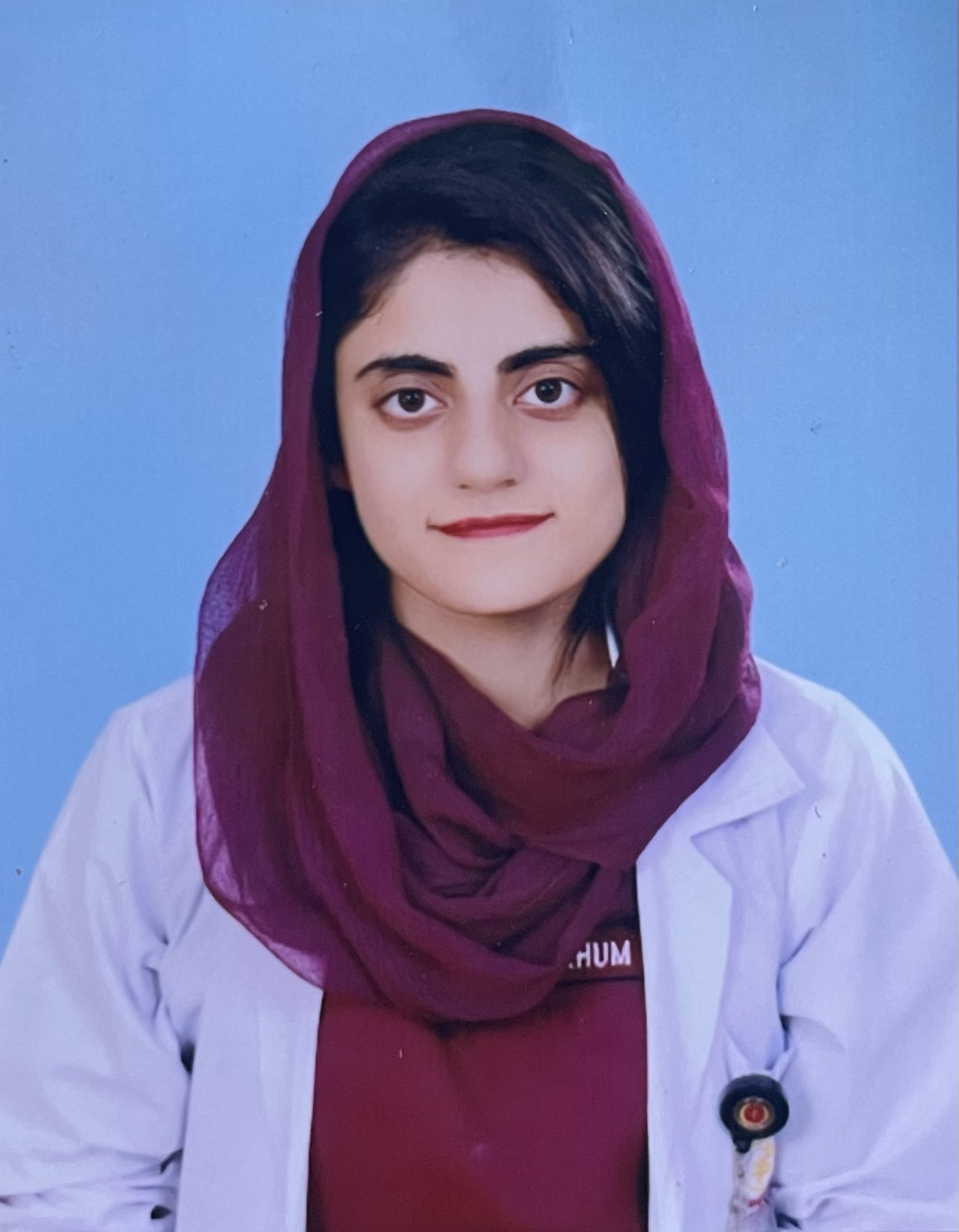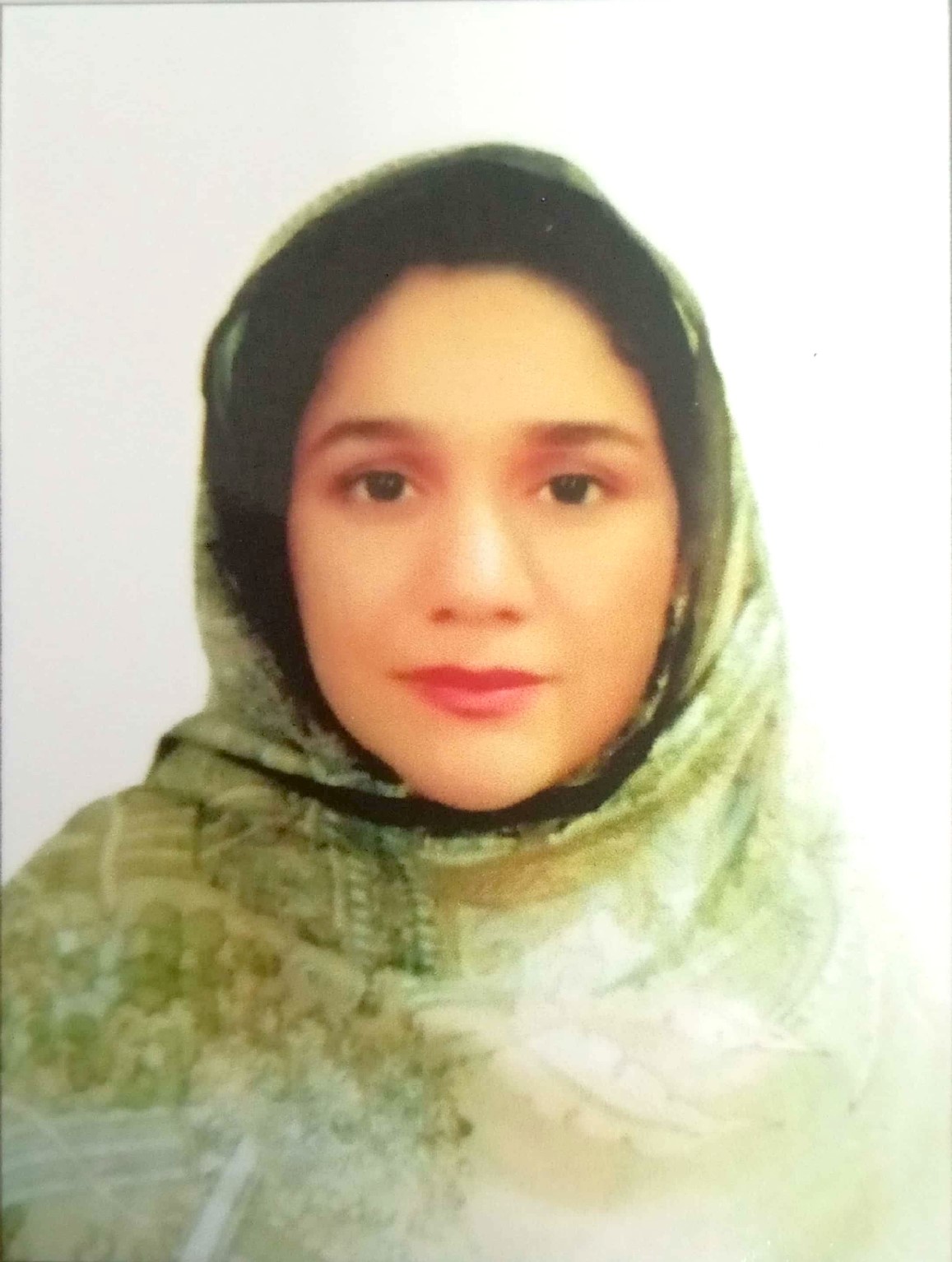Department of Pharmacology

Message from the HOD
Introduction
The Department of Pharmacology at Army Medical College, Rawalpindi, under the umbrella of the National University of Medical Sciences (NUMS), is dedicated to excellence in teaching, research, and training in the field of pharmacology. Established with the vision of equipping future physicians with sound knowledge of drugs and their rational use, the department plays a vital role in bridging basic medical sciences with clinical practice.
Our primary focus is to develop in students a deep understanding of drug mechanisms, therapeutic applications, adverse effects, and principles of prescription safety. By integrating basic pharmacological concepts with problem-based and clinical scenarios, we prepare medical students to apply their knowledge effectively in patient care. Special emphasis is placed on promoting rational prescribing practices, drug safety, and pharmacovigilance, in alignment with international medical education standards.
The department offers an interactive and student-centered learning environment through lectures, small group discussions, tutorials, and hands-on workshops. Modern teaching strategies, including case-based learning and simulation, are employed to enhance student engagement and critical thinking. Assessment methods are carefully designed to evaluate both knowledge and application skills, ensuring students are well prepared for clinical responsibilities.
Research and innovation form an integral part of the department’s mandate. Faculty and students are actively engaged in research projects focusing on experimental pharmacology, drug safety, clinical trials, and medical education. The department also contributes to postgraduate training and capacity building in pharmacology, fostering future academicians, researchers, and clinical pharmacologists.
With a team of highly qualified faculty members and access to modern laboratories, the Department of Pharmacology continues to contribute significantly to the academic excellence and professional growth of Army Medical College. Our commitment remains to produce competent, ethical, and research-oriented medical professionals who can serve both nationally and internationally.
Outline of the Course
The undergraduate Pharmacology course is structured to provide comprehensive coverage of general, systemic, and clinical pharmacology. The curriculum emphasizes the principles of pharmacokinetics, pharmacodynamics, drug interactions, adverse effects, and prescription safety. Special attention is given to the development of rational prescribing habits and an evidence-based approach to therapeutics.
Teaching and learning methodologies are diverse and student-centered, incorporating lectures, small-group discussions, case-based learning, simulation exercises, prescription writing workshops, and integrated teaching sessions with clinical disciplines. Practical sessions and problem-based tutorials further strengthen the ability of students to apply theoretical concepts in real-world clinical contexts.
Assessment includes continuous evaluation through written tests, assignments, objective structured practical examinations (OSPE), and end-of-module summative examinations. This approach ensures that students are not only knowledgeable but also competent in applying pharmacological principles in clinical decision-making.
The course also nurtures professionalism, ethical responsibility, and lifelong learning attitudes among students, preparing them for future roles as safe prescribers, researchers, and leaders in healthcare. The department is actively engaged in research activities and encourages student participation in pharmacological research projects to cultivate critical thinking and scientific inquiry.
Through this curriculum, the Department of Pharmacology at Army Medical College aspires to produce medical graduates who can integrate pharmacological knowledge with clinical judgment to optimize patient care and contribute meaningfully to the healthcare system of Pakistan and beyond.
Our Faculty
1
Professors
2
Associate Professors
4
Assistant Professors
4
Demonstrators










